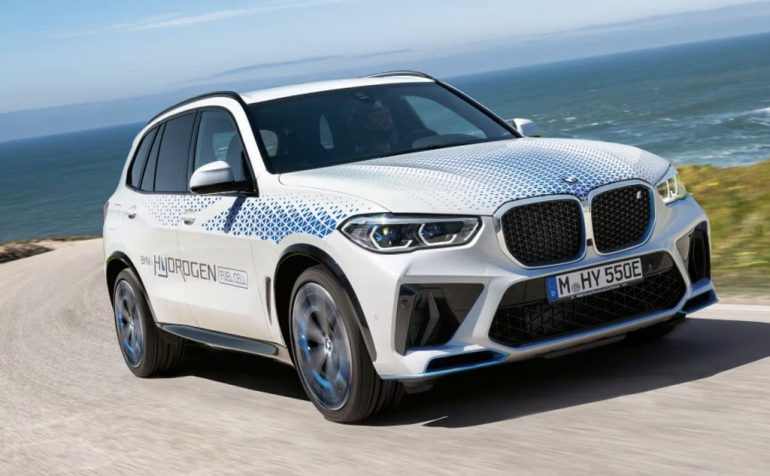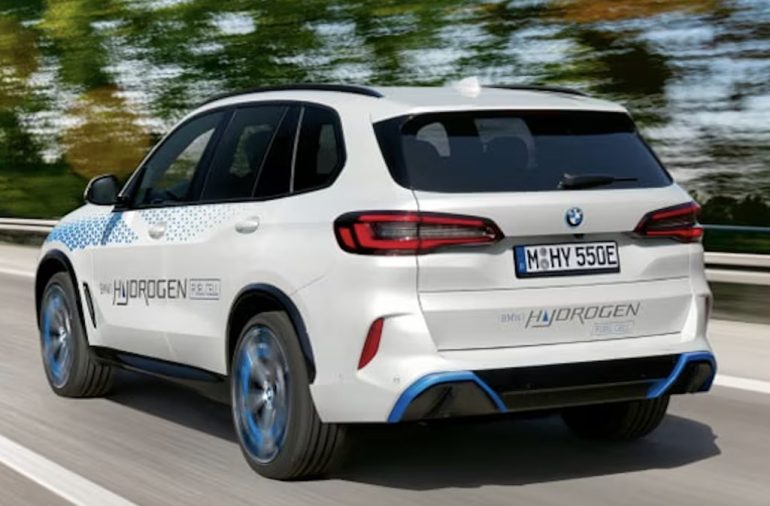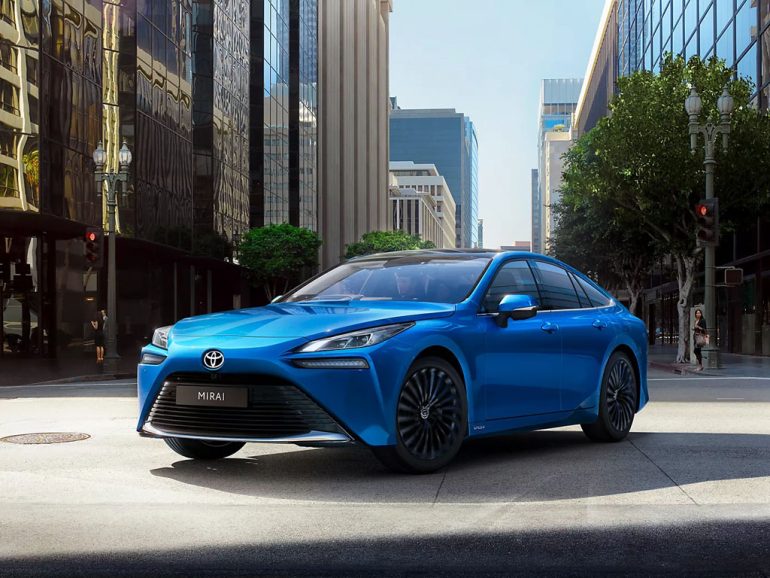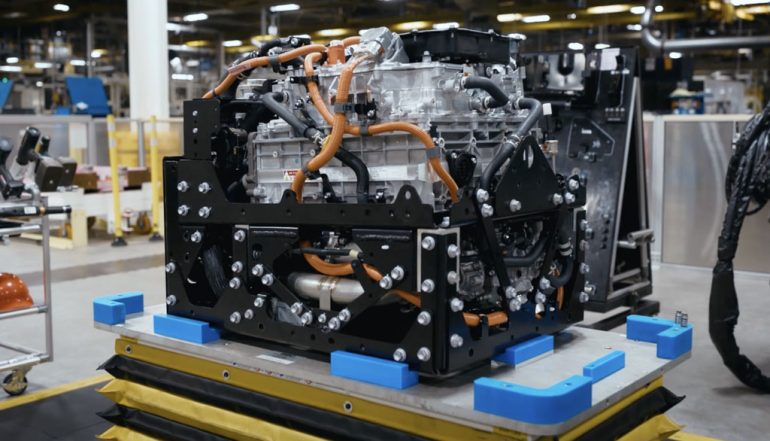Hydrogen’s Second Act in the Automotive Scene

In today’s car market, electric vehicles (EVs) capture most of the attention. Even so, another clean energy source, hydrogen fuel-cell power, is quietly staging a comeback. While battery-electric vehicles face challenges like limited charging infrastructure and consumer hesitance, some automakers are putting hydrogen back on the map. BMW is one standout company making waves in this arena.
BMW’s Hydrogen Ambition

BMW hasn’t turned its back on electric vehicles — they are expanding their EV lineup ambitiously. With models like the future Neue Klasse promising over 600 miles of range, the company remains committed to electrification. However, BMW is simultaneously hedging its bets by exploring hydrogen technology. The iX5 Hydrogen prototype, revealed in 2024, demonstrates their intentions. Utilizing a Toyota-supplied fuel-cell, BMW plans to release a production hydrogen SUV by 2028, potentially based on the X5 model.
BMW’s hydrogen approach focuses on tapping into infrastructure improvements in Europe, Japan, and Korea. The benefits they see in hydrogen include speedy refueling times akin to gasoline vehicles and zero emissions at the tailpipe.
Toyota’s Ongoing Hydrogen Commitment

Toyota has been steadfast in its commitment to hydrogen, launching the first Mirai in 2014 and updating it in 2020. The sales numbers may not be staggering, but Toyota invests heavily across the hydrogen spectrum, venturing into commercial vehicles and motorsport hydrogen engines. Their collaboration on a hydrogen Hilux pickup with the UK and alliances with Chinese companies solidify their position as hydrogen advocates.
The Electric Vehicle Market Evolves

Electric vehicles continue to build momentum globally. The International Energy Agency reports over 14 million EVs sold worldwide in 2023, anticipated to surpass 17 million by 2025. In the U.S., battery-electric vehicles comprised nearly 8% of all new car sales in 2024, up from 2% in 2020. Yet, concerns linger about charging infrastructure and range, causing some buyers to hesitate. Hydrogen offers a tempting alternative in this context.
Hydrogen Investments Heating Up
Hydrogen isn’t just talk anymore. The European market for hydrogen was valued at nearly $78 billion in 2024, expected to grow to about $150 billion by 2033. Actions like Australia’s first public hydrogen station and Brazil’s $30 million investment in green hydrogen echo this momentum. In the U.S., California leads with 55 public refueling stations, though rollout is slow. Honda’s hydrogen-powered CR-V prototype signals a newfound commitment to developing the necessary infrastructure.
The Hydrogen Challenge
Challenges still abound for hydrogen vehicles. Limited fueling infrastructure, energy-intensive hydrogen production, and high vehicle costs due to expensive fuel-cell components impede widespread adoption. Despite these hurdles, hydrogen’s fast refueling and high energy density make it an attractive option for long-distance travel and areas where EV charging isn’t practical.
BMW and Toyota aren’t looking to replace battery vehicles with hydrogen but see it as a complementary solution. As BMW’s CEO Oliver Zipse points out, regulations focused on one technology can limit innovation, a perspective driving their multifaceted approach.
Looking Forward
Though it may be early for a full-throttle hydrogen revolution, the groundwork is being laid. Continued investments, enhanced infrastructure, and backing from major automakers might carve out a meaningful niche for hydrogen in the clean energy landscape. While it may not become mainstream overnight, hydrogen is far from obsolete — it’s just waiting for its turn in the limelight.
Retro Chevy SSR Roars
Save on Gas Now
Tesla's Space Crunch
2025 F-150 Lobo Debuts
Ford Territory Revamp